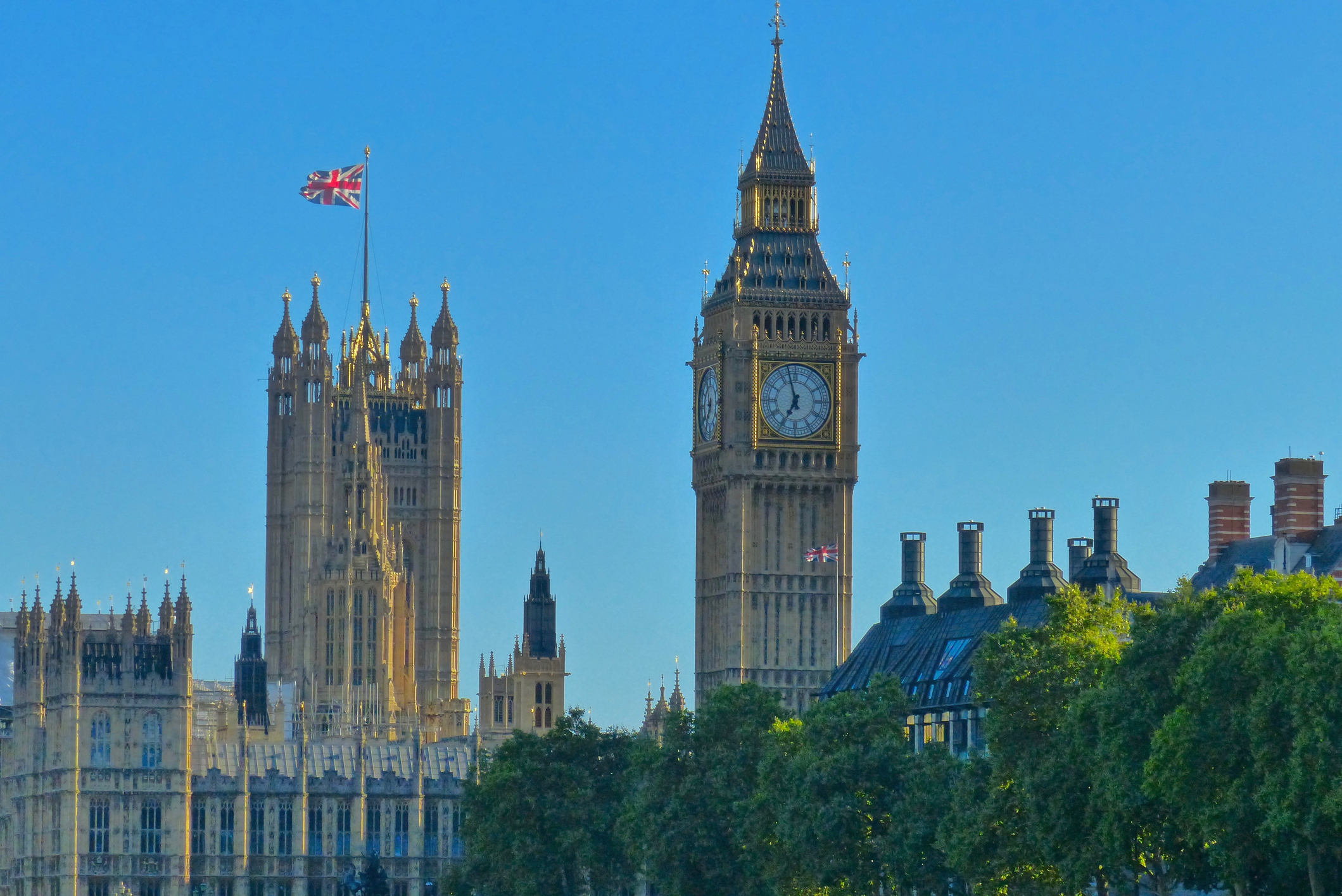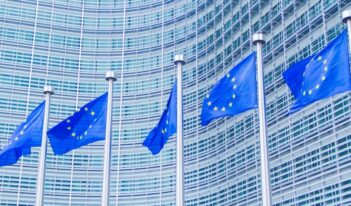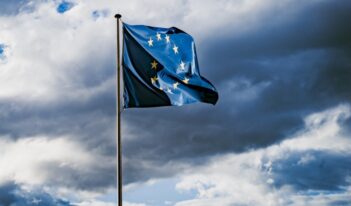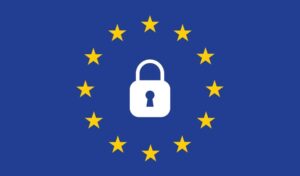
If Britain has to reapply for WTO membership after Brexit, the process could take years and result in disruption to world trade.
Roberto Azevedo, Director-General of the World Trade Organization (WTO), said recently that he will work to ensure a smooth progression for Britain in renegotiating its status as a WTO member. He warned, however, that the complexity of the process means that it might take considerable time to reach final agreement. Britain’s status as a member of the European Union (EU) is also baked into its membership in the WTO, raising questions over whether Britain would have to reapply for WTO membership after Brexit.
Upon leaving the EU, Britain will no longer be part of the trade agreements negotiated between the EU and other states around the world—without membership, Britain would not have an entitlement to participate in the EU’s international agreements. Regaining control over policies such as trade rules was a prominent argument prompting voters to choose to leave the EU in the recent referendum. In negotiating new trade agreements as a non-EU member state, Britain’s membership in the WTO is fundamental.
Lorand Bartell, a professor at the University of Cambridge, writes that such concerns over Britain’s WTO membership are overblown. He argues that Britain’s rights and obligations under WTO agreements do not depend on Britain’s status as an EU member. Instead, these rights and obligations belong to Britain, and the effect of EU membership was to give the EU responsibility for their performance on Britain’s behalf. Bartell argues that Britain would take over this responsibility after Brexit, with the underlying rights and obligations remaining unchanged.
The difficulty, which Bartell notes, is actually identifying what the rights and obligations are for Britain as an individual member state. As a member of the EU, the rights and obligations that apply to Britain under WTO agreements are indistinguishable from every other EU member state. They apply jointly and equally to each state. Bartell notes that negotiations between WTO members may be required to agree to an interpretation of Britain’s rights and obligations, separate from the EU as a whole. If members cannot agree, Bartell says that dispute settlement proceedings would likely follow.
Bartell draws an analogy with situations where part of an existing WTO member’s territory becomes independent. There are currently procedures allowing states that have gained independence from an existing WTO member to maintain their membership and inherit all of the rights and obligations that applied to it before independence. Bartell argues that Britain’s exit from the EU is similar. In both situations, the rights and obligations are inherited based on the entitlements that applied to its territory, including agreements made by the WTO member formerly responsible for the territory.
Britain already has the rights and obligations of a full WTO member, which makes its position different. But Bartell argues that the task for states as a separate entity is the same. In both situations, there is a break from a former WTO member that had controlling power over trade rules applying to the territory. This would also, according to Bartell, make it easier for Britain to straighten out its rights and obligations by allowing it to change certain terms of WTO agreements to which it is a party.
WTO agreements are based on negotiations between members to allow market access at mutually agreed upon rates for subsidies and quotas. This is arranged between WTO members and the EU as a whole, rather than between individual EU member states. Bartell argues, however, that each member state holds rights and obligations in its own right, although they are bundled together and apply on an EU-wide basis. For EU member states, rights and obligations under WTO agreements are agreed between WTO members and the EU, but they apply jointly and equally to each individual EU member state. In practice, Bartell says that figuring out how those rights and obligations can be broken down between each member state is particularly tricky when they are quantified, either as quotas or money.
There is a further problem caused by certain WTO agreements that specifically name the EU as the recipient of rights and holder of obligations on behalf of its members. In such instances, the rights and obligations under the agreement flow to the EU itself and not the individual member states of the EU.
Although the task of disentangling Britain from the EU for WTO purposes may be complicated, the Director-General of the WTO has pledged to make this transition “as smooth as possible.” Bartell argues that there are ways this can be achieved, without requiring Britain to seek membership of the WTO from scratch.



